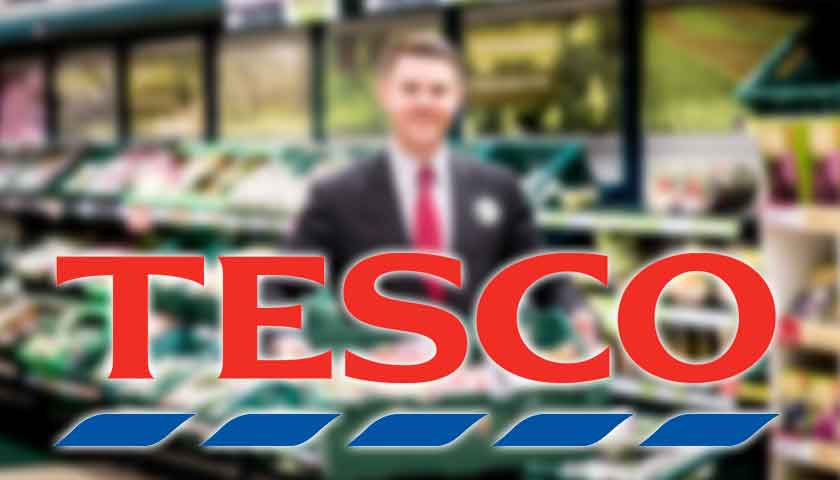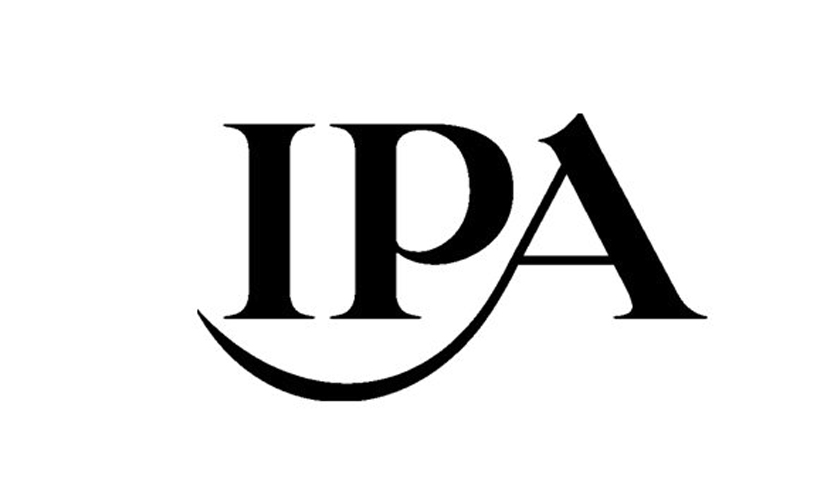Sustainable Fisheries Partnership (SFP), the Royal Society for the Protection of Birds and Whale and Dolphin Conservation has announced the completion of an independent audit of the risks to ocean wildlife in the fisheries that supply seafood to UK retailer Tesco. The study examined the threats to sharks and rays, seabirds, marine mammals and sea turtles from capture in commercial fisheries, commonly referred to as “bycatch.”
“We’re pleased to partner with Sustainable Fisheries Partnership to protect ocean wildlife and drive progress across the retail industry on this critical issue in seafood sustainability,” said Anna Turrell, Head of Environment at Tesco.
“Reducing fisheries bycatch is a vital element of our ‘seascape’ or ecosystem-based approach to promote healthy fish stocks and mitigate the impacts of fishing on the wider marine environment. This report is an important step on that journey, and we’re already working with our suppliers to take action on the issues raised, including implementing 100 percent observer coverage on vessels in our supply chain,” continued Turrell.
Bycatch audits are a key part of SFP’s Protecting Ocean Wildlife initiative, an international, industry-led effort to address marine wildlife bycatch, especially endangered, threatened and protected (ETP) species. This first-of-its-kind initiative engages retailers, the seafood industry, and the entire supply chain to reduce bycatch in fisheries worldwide. Tesco is joining SFP as an early partner on the initiative.
“As a result of the audit, Tesco can prioritise areas for change and use it as an example to encourage other retailers to take similar action to protect ocean wildlife through their sourcing practices,” said Ian Rolmanis, global markets deputy director at Sustainable Fisheries Partnership. “Tesco’s ambition on marine conservation and specific focus on fisheries bycatch will make a big difference in ocean health and increasing industry adoption of sustainable practices.”
Tesco’s audit, conducted by the three organizations, consisted of a review and risk assessment of the fisheries disclosed by the retailer in the Ocean Disclosure Project. The audit identified the following high potential bycatch risks in Tesco’s source fisheries:
- Tuna fisheries utilising longlines and purse seine gears utilising fish aggregating devices (FADs) pose a significant risk to sharks and rays, seabirds (longline), sea turtles (longline) and marine mammals (purse seine).
- Alaskan salmon set/drift gillnet fisheries pose a significant risk to seabirds.
- Argentine shrimp and Indonesian prawn fisheries pose a significant risk to sea turtles.
- Icelandic cod gillnet fisheries pose a significant risk to seabirds and marine mammals.
- Canadian lobster pot and trap fisheries pose a risk to marine mammals.
“It’s great to see a large retailer like Tesco working to better understand the collateral damage to marine life from seafood products in their supply chain, said Rory Crawford, bycatch programme manager at RSBP/Birdlife International. “We identified specific actions to rapidly improve effective monitoring at sea including observer coverage in priority fisheries and are pressing for improved implementation of effective measures to stop bycatch, especially in the risky longline fisheries for tuna. These measures have existed and been required for years, but compliance is lacking – we hope this process helps to change that.”
Tesco will prioritise the above fisheries for action, and is aiming to roll out 100 percent observer coverage and bycatch mitigation measures across its supply chains. Tesco already does not allow tuna caught using fish aggregating devices (FADs) and is a member of the Global Tuna Alliance (GTA), an independent group of retailers and supply chain companies working to ensure that tuna ultimately meets the highest standards of environmental performance and social responsibility.
Tesco is also working with suppliers who use gillnets to investigate their potential removal and where removal is currently unfeasible, introduce mitigation measures into those fisheries as soon as possible.
“Dolphin, porpoise and whale bycatch is a welfare and conservation problem in many fisheries globally,” said Fiona Read, research coordinator at Whale and Dolphin Conservation. “Supermarkets have an important role in ensuring consumers that whales, dolphins and porpoises have not been harmed during fishing operations. WDC is delighted to work with Tesco to implement the recommendations made in the bycatch audit and actively improve their source fisheries.”
Tesco is one of the world’s leading retailers, and the UK’s biggest fishmonger. Tesco voluntarily discloses its wild capture fisheries and farmed seafood sources through the Ocean Disclosure Project, the world’s leading seafood transparency platform. Tesco seeks to transition to ecosystem-based fisheries management by 2030.

